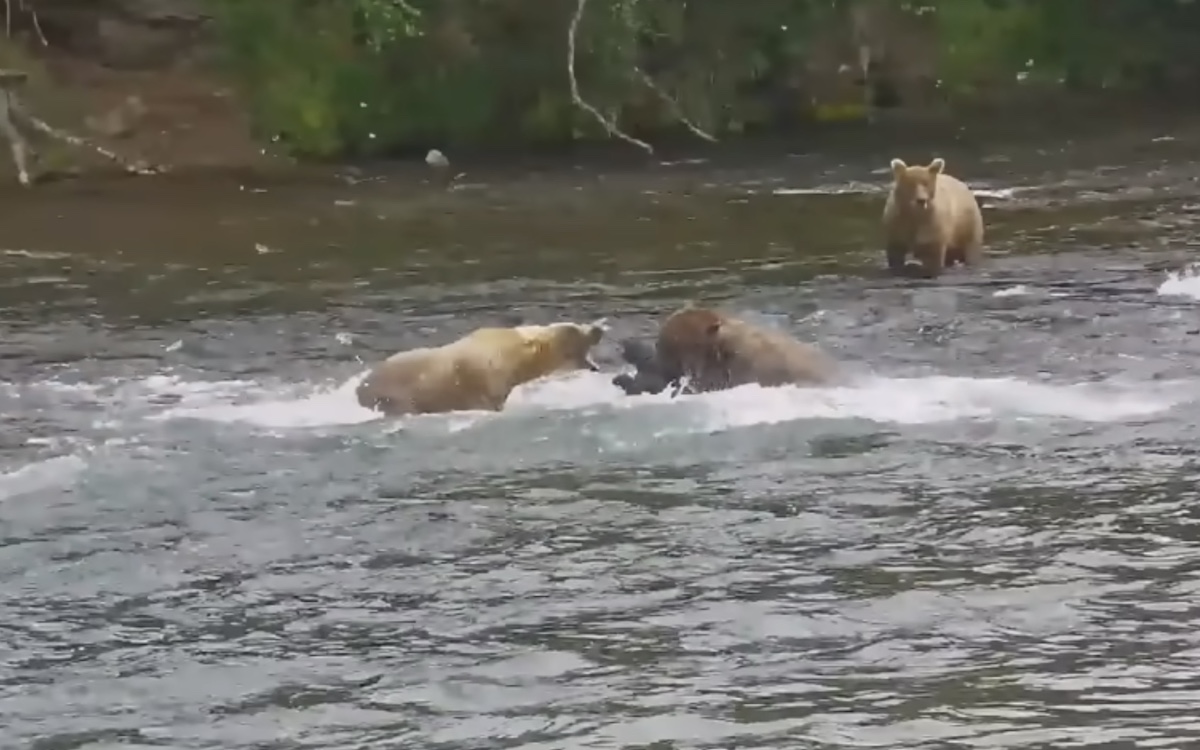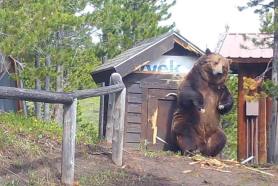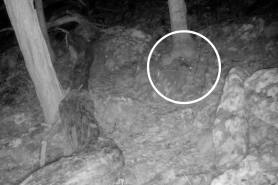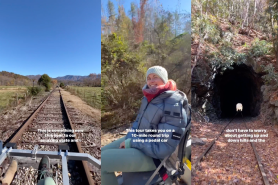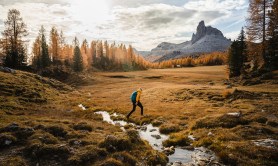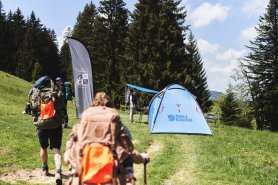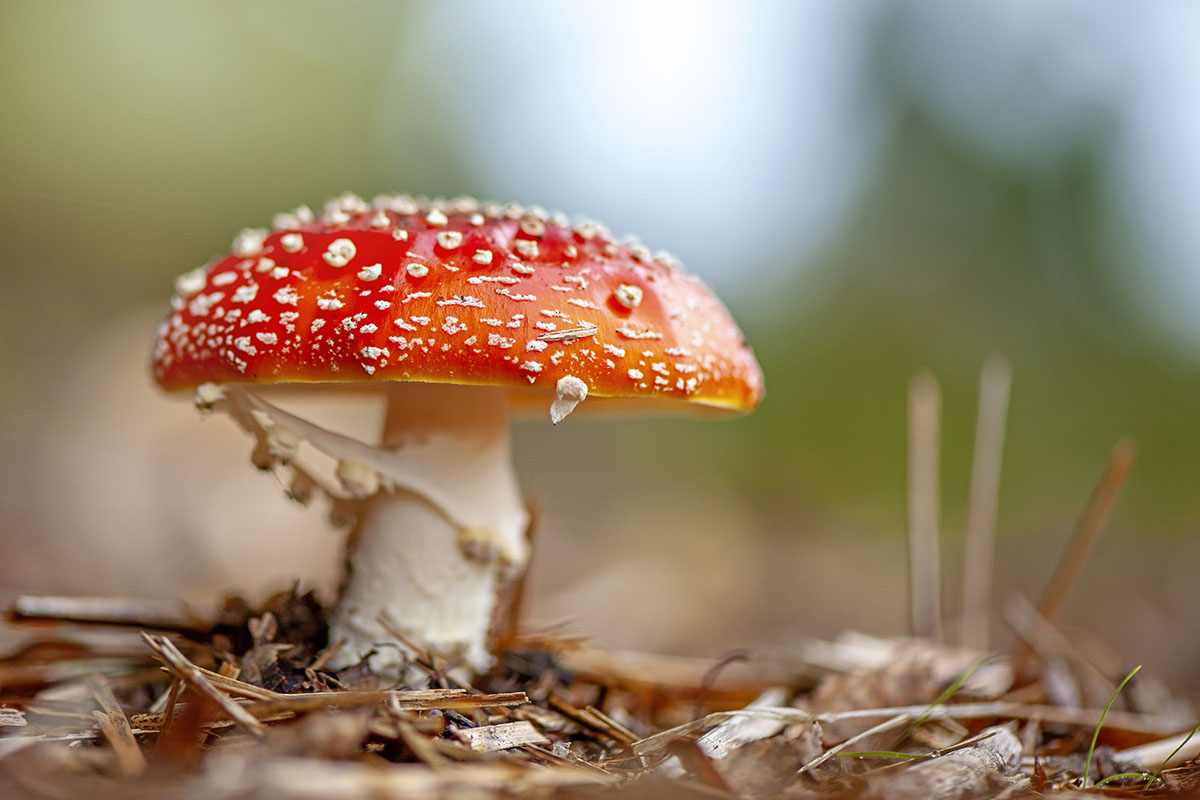

Would you put your life in the hands of artificial intelligence while foraging? People are using apps that identify plants and animals with the help of AI to figure out which mushrooms they’ve come across. But should they be doing this? Can AI identify toxic mushrooms?
Videos by Outdoors with Bear Grylls
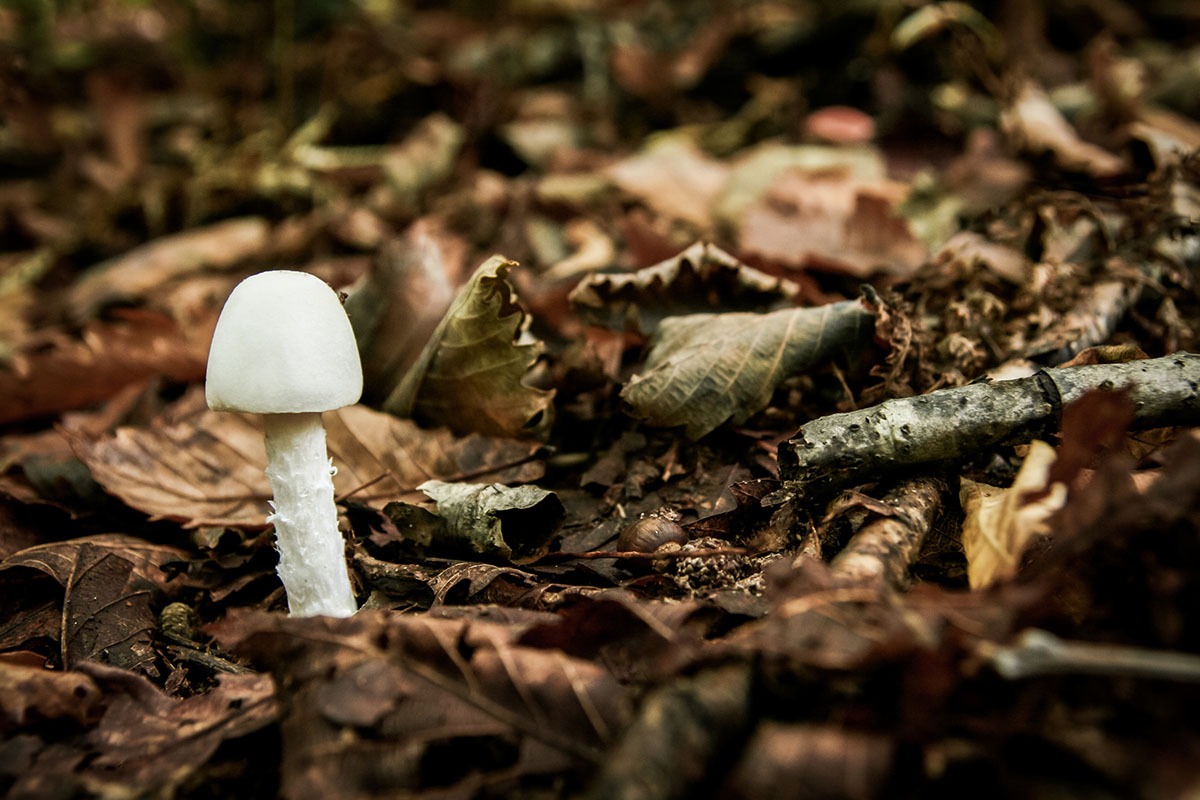
An informational report put together by Public Citizen, a nonprofit consumer advocacy organization, in conjunction with the Rhode Island Mycological Society, the Boston Mycological Society, the New York Mycological Society, professional foragers, and others, took a crack at answering these questions.
Mushroom foraging is having a moment, and, unfortunately, the number of calls to poison control centers seems to reflect this trend. While apps that leverage AI to help users figure out which beetle is crossing the hiking path are great fun, beginning foragers are also using these apps to identify mushrooms.
Unfortunately, there are a fair number of mushrooms that can kill a person or make them very sick, and mushroom identification is far from straightforward. There are edible mushrooms that have toxic lookalikes, too.
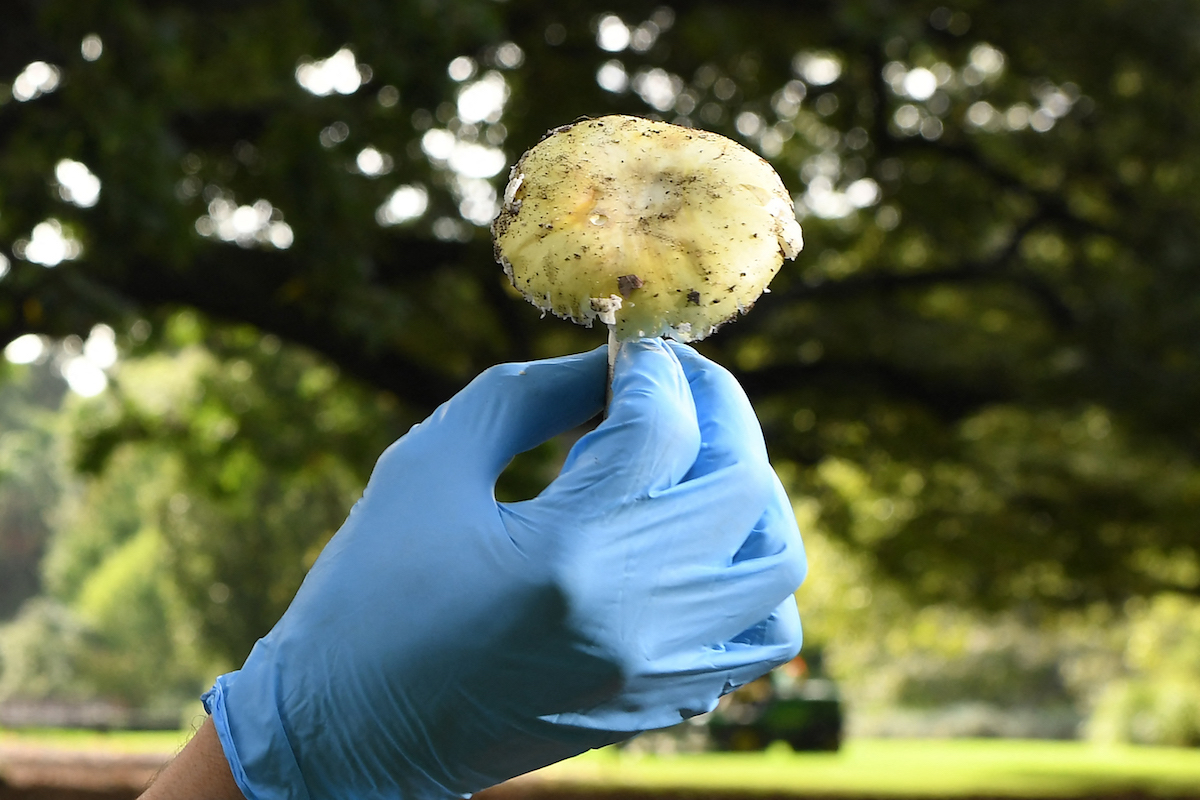
The Public Citizen report suggests that AI is not a reliable method for identifying toxic mushrooms in the wild. In fact, it says that generative AI technologies like ChatGPT are “producing confusing and dangerous misinformation that could result in severe poisonings and death.”
Foragers should not place their trust in an AI-generated identification of an edible mushroom. If your app tells you it’s ok, inspect the shroom closely and compare it to a local guidebook, or, better yet, ask an expert before you consume. When in doubt, throw it out.
The bottomline: Can AI identify toxic mushrooms? Maybe, but don’t bet your life on it.

